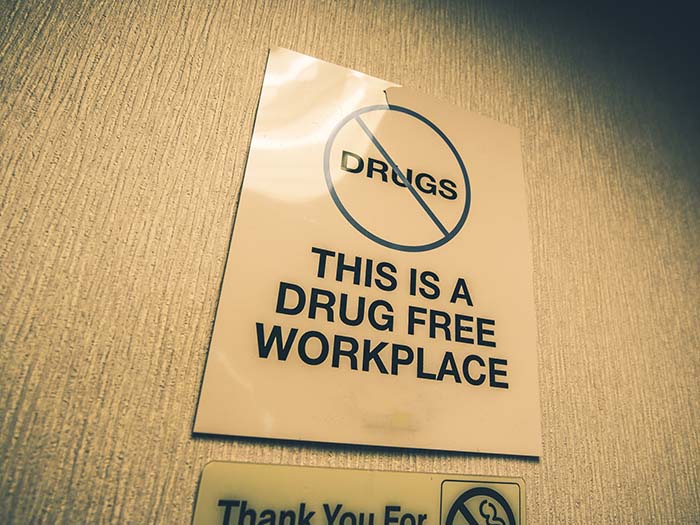Managing Costs
Report Sparks NH Commissioner’s Call for Fee Schedule

A new report looking at the high workers’ comp costs in New Hampshire calls for creation of a database, implementation of a pharmacy benefit management program, and continuing the commission’s work. But several members of the gubernatorial task force rejected the majority report and said a medical fee schedule is needed.
Gov. Maggie Hassan received the report in December after the panel’s nearly three-month review of the system. She created the commission from insurance, business, health care, and labor to recommend ways to reduce workers’ comp medical costs.
The report’s first recommendation would require legislative approval to develop a database of workers’ comp charges and costs for collection, analysis, and a transparency tool to allow public access. But the three members opposing the report said rather than reducing costs, the database would “add substantial costs to the carriers that operate in NH since most do not track the claims in the manner expected by the commission.”
Insurance Commissioner Roger Sevigny, who chaired the commission, disagreed with the minority report’s assertion. “While the creation of such a database would be time-consuming, the information it eventually would generate would be invaluable to the ongoing examination of workers’ compensation costs in New Hampshire.” However, Sevigny admitted it would take some time.
“Until such a database is constructed, however, we cannot afford to do nothing,” he said. “Work should begin immediately on the creation of a fee schedule that is fair and based on the real costs of health care in New Hampshire.”
The minority report recommended adoption of a fee schedule using group health as a benchmark of appropriate medical charges. “This fee schedule would be fair to medical providers and not difficult or expensive to implement,” the minority report said. “If medical providers are accepting group health payments for non-work related injuries, what is the rationale for requiring workers’ compensation payers to pay upwards of 200 percent or 300 percent more for the same treatment?”
Sevigny said he “agreed in principle” with the idea but said a fee schedule must be “well thought out and carefully crafted.”
The full report’s recommendation to implement a mandatory PBM program was approved by all 15 members. However, the minority report said pharmacy “represents a very small percentage of the overall medical pie,” and a PBM program “will not impact the cost burden in any meaningful way.”
The full report’s recommendation to continue the commission’s work was opposed by both Sevigny and the minority members. “While I agree that more work needs to be done, I am concerned that the many methodologies and possibilities the group has committed to examining in this recommendation will make any future effort on the Commission’s part unduly diffuse,” the commissioner said. “Thoughtfully limiting any future Commission’s scope is necessary if anything is to be accomplished.”










